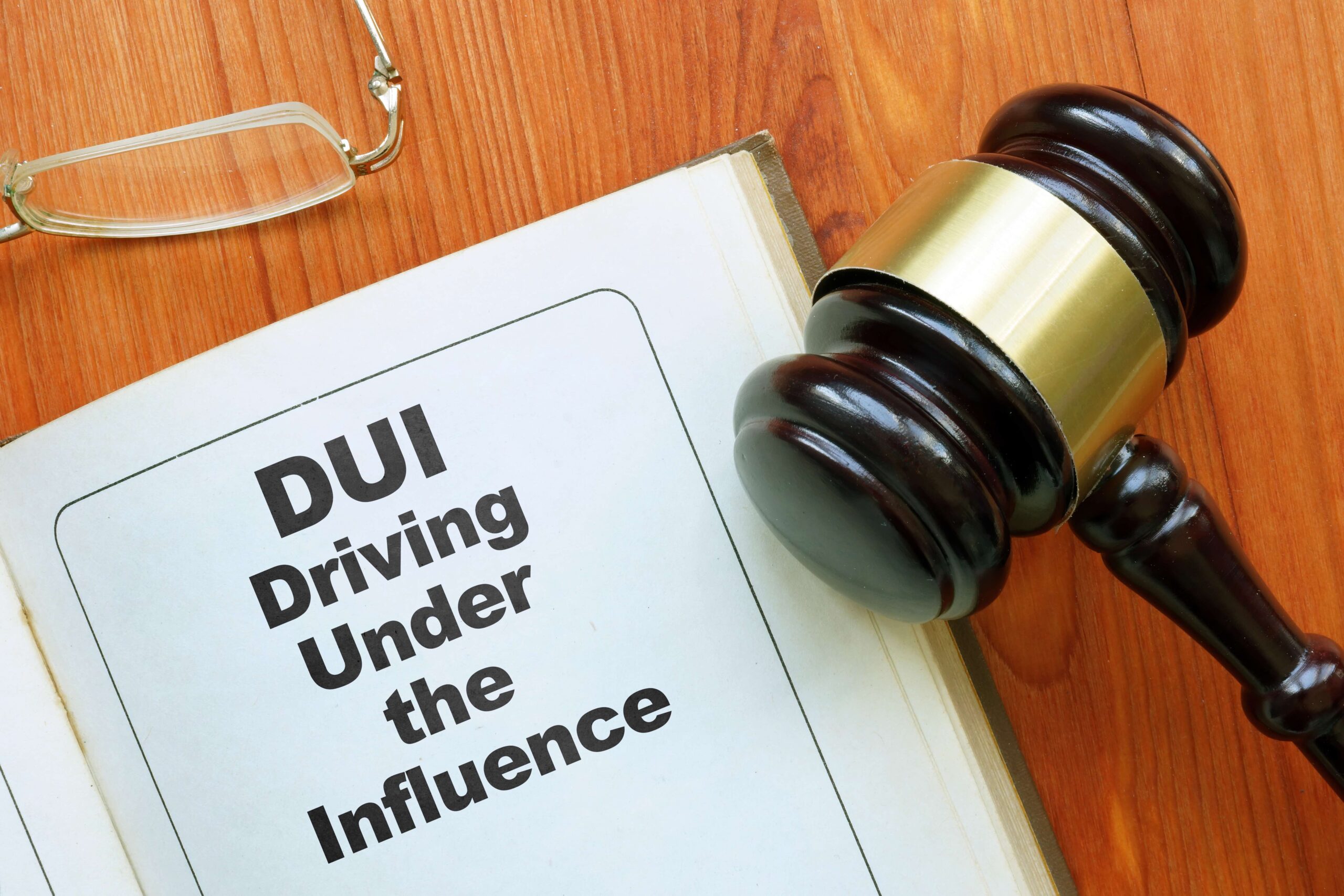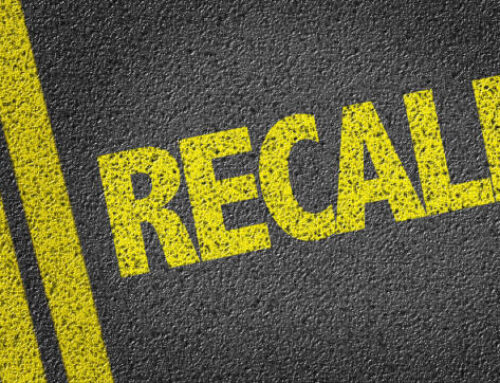On November 8th of 2022, citizens of Missouri voted to “yes” on Amendment 3. What does this mean? It means that beginning on December 8th, Missouri will start transitioning its medical marijuana licenses to recreational licenses. The process of transitioning takes time, but people of Missouri over the age of 21 may be able to start purchasing recreational marijuana legally as early as February 8th according to the Missouri Department of Health and Senior Services.
In light of this legislative news, we’d like to address a common misconception so that Missourians can use recreational marijuana safely.
Let’s start with some statistics.
- About 7 million people 16 years old and above drove under the influence of marijuana in 2021 alone.
- 51% of drivers decide if they will drive or not after using marijuana based on how they feel.
- According to surveys conducted by The Zebra, 47% of drivers who drive while high on cannabis noticed at least one driving impairment.
- Only 35% of drivers say that they are likely to know their state’s laws regarding cannabis and driving. Only 43% said that they actually follow their state’s laws regarding cannabis.
- 41% of drivers who were ticketed in the last year admitted that they were under the influence of marijuana at the time.
“Is Driving High as Bad as Drunk Driving?”
Many people think that driving while under the influence of marijuana isn’t dangerous – but that’s simply not the case. While high driving can present differently than drunk driving, the risk is about the same.
According to a recent study conducted by The American Journal of Public Health, the number of motor vehicle accidentsinvolving marijuana use has been rising over the last ten years. The data from this study revealed that from 2020 to 2018 alone, these accidents have risen by roughly 22%.
Experts told The New York Times what factors of cannabis use make driving high so dangerous.
- Psychoactive effects such as paranoia can cause the driver to have a panic attack behind the wheel.
- Marijuana use can cause a distorted sense of time, making everything seem like it’s happening slower than it really is to the driver.
- Being under the influence of this substance causes delayed response times, and reduces the drivers ability to safely execute functions such as switching lanes.
- The effects of some forms such as edibles are delayed, which can cause the driver to get behind the wheel feeling fine, only to be hit with the effects mid-ride.
To err on the side of caution, do not drive unless it has been at least six hours since last using cannabis. If you have smoked/used more than a few “hits,” you may need to wait as long as 24 hours.
“What Happens If I Get into an Accident with a High Driver?”
When it comes to alcohol consumption, there are legal standards in place that define roughly how much is too much to ingest and still drive safely. There are no such standards yet for cannabis.
However, it is clear that driving while impaired (known as a DWI) in Missouri is still illegal. As Sergeant Corey Carlisle with the Kansas City Police Department told The Kansas City Star, “If you feel different, you drive different.”
If you are injured in a collision caused by an intoxicated driver, you may be entitled to compensation.
You’ll need to prove that the driver was impaired, that the substance was present in the drivers system, and that the impairment led to the accident. With the right attorney on your side, the necessary evidence can be obtained for your personal injury case.
Your personal injury attorney can collect evidence to prove the other driver was at fault in a variety of ways, including but not limited to the following.
- Traffic security camera footage.
- Expert testimony.
- Eye-witness statements.
- Data from police reports.
- Dash cam footage.
- Forensic evidence.
If you’ve been in an accident caused by a negligent driver, contact us as soon as possible to schedule your initial consultation. At your consultation, you will receive free legal advice from an experienced and compassionate Kansas City lawyer near you. We’re ready to fight for the compensation you deserve.







